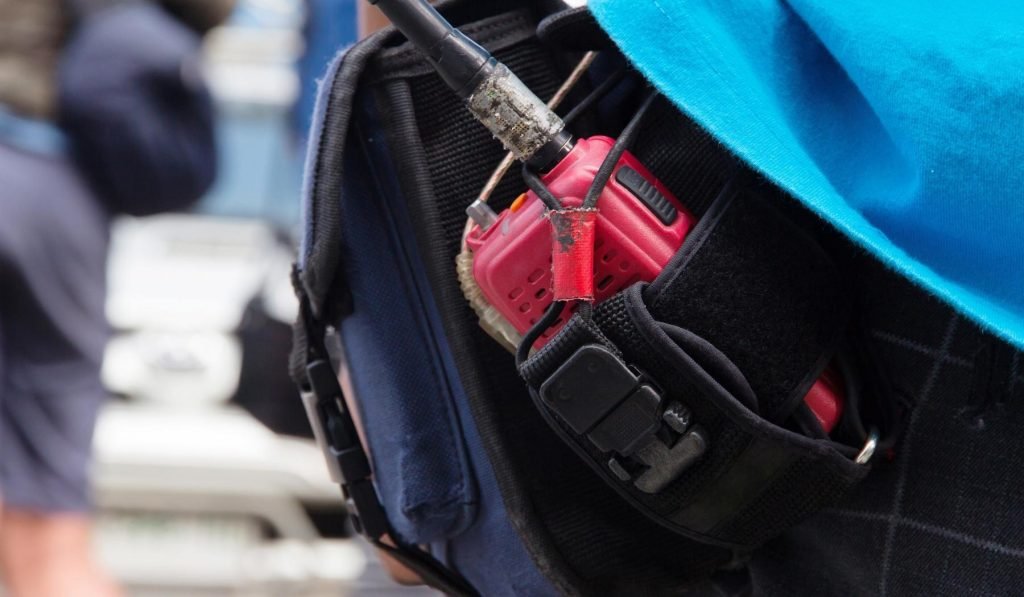When compared to more current technology such as cell phones, two-way radios have numerous significant advantages. For one thing, all walkie-talkies connected to a specific channel will hear all communication on that channel, making it simple to relay a message to a group of employees. They’re also always “on,” so you don’t have to “respond” to incoming messages, allowing busy staff to stay informed without stopping their work. Walkie-talkies are small, easy to use, and energy-efficient.
In what circumstances do these functions provide actual benefits? There are numerous scenarios in the hotel industry where two-way radios enable interactions easier:
• Housekeeping: A housekeeping manager can interact with housekeeping employees situated across the hotel using a walkie-talkie. If a guest contacts the main housekeeping line to request extra towels, the housekeeping manager can radio their team to have the towels delivered by the nearest housekeeper.
• Restaurants: Key information can be exchanged swiftly and efficiently when restaurant staff is equipped with walkie-talkies. A host, for example, can notify servers that a VIP has arrived. Servers can be informed if the fish of the day is sold out by kitchen staff. Servers can swiftly seek the assistance of management to resolve a complaint.
• Maintenance: Because maintenance employees are rarely seen sitting behind a desk, it’s far more effective for the front desk or housekeeping manager to radio the maintenance crew to tell them of an issue. For example, a guest may alert the front desk that their room’s air conditioner is broken. The front desk staff can call maintenance and have someone come to the room to fix the problem.
• Security: Whether in a hotel, restaurant, event venue, or nightclub, security staff communicates through a walkie-talkie to keep the premises safe. Security personnel may share information, request assistance, and send information to other departments without having to leave their posts thanks to discreet earpieces.
• Event: During a conference or a wedding, many different departments work together to pull off the main event, which might span thousands of square feet. The importance of effective communication cannot be overstated! During setup, event employees can request more seats without having to leave what they’re doing. Without having to walk several minutes to the kitchen, servers can warn kitchen employees that the buffet is running short. When the event is over, event staff can radio the front desk to inform them that a rush is expected in the lobby.
• Front desk and valet: A crucial handoff occurs between the valet or bell service and the front desk when a guest arrives or departs. When these departments communicate via walkie-talkies, the valet personnel can notify the front desk about a new passenger, and the front desk can notify the valet that a guest needs their car to be towed around.
While walkie-talkies fill a critical communication need, it’s important to recognize that they also have some drawbacks. They’re not meant to be utilized to communicate sensitive information because using them without headphones or earpieces can result in noise that may be distracting to guests.

